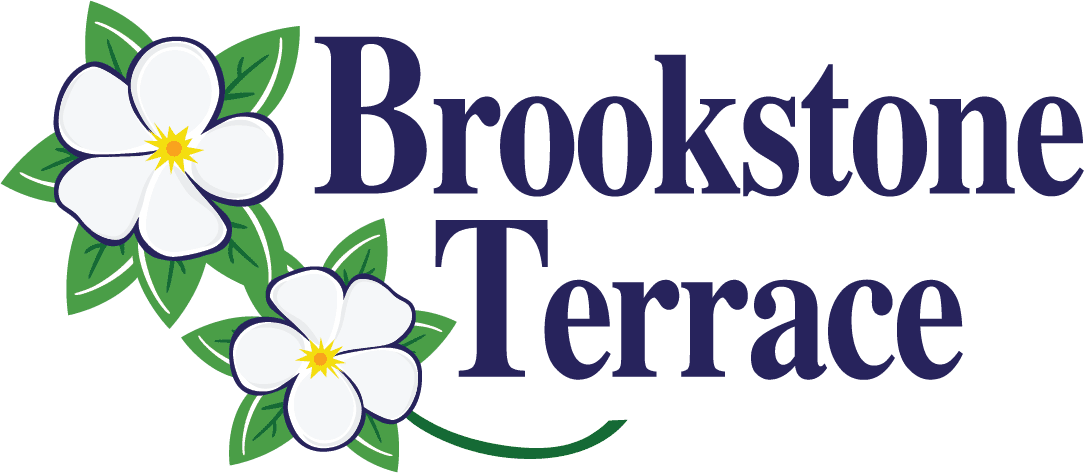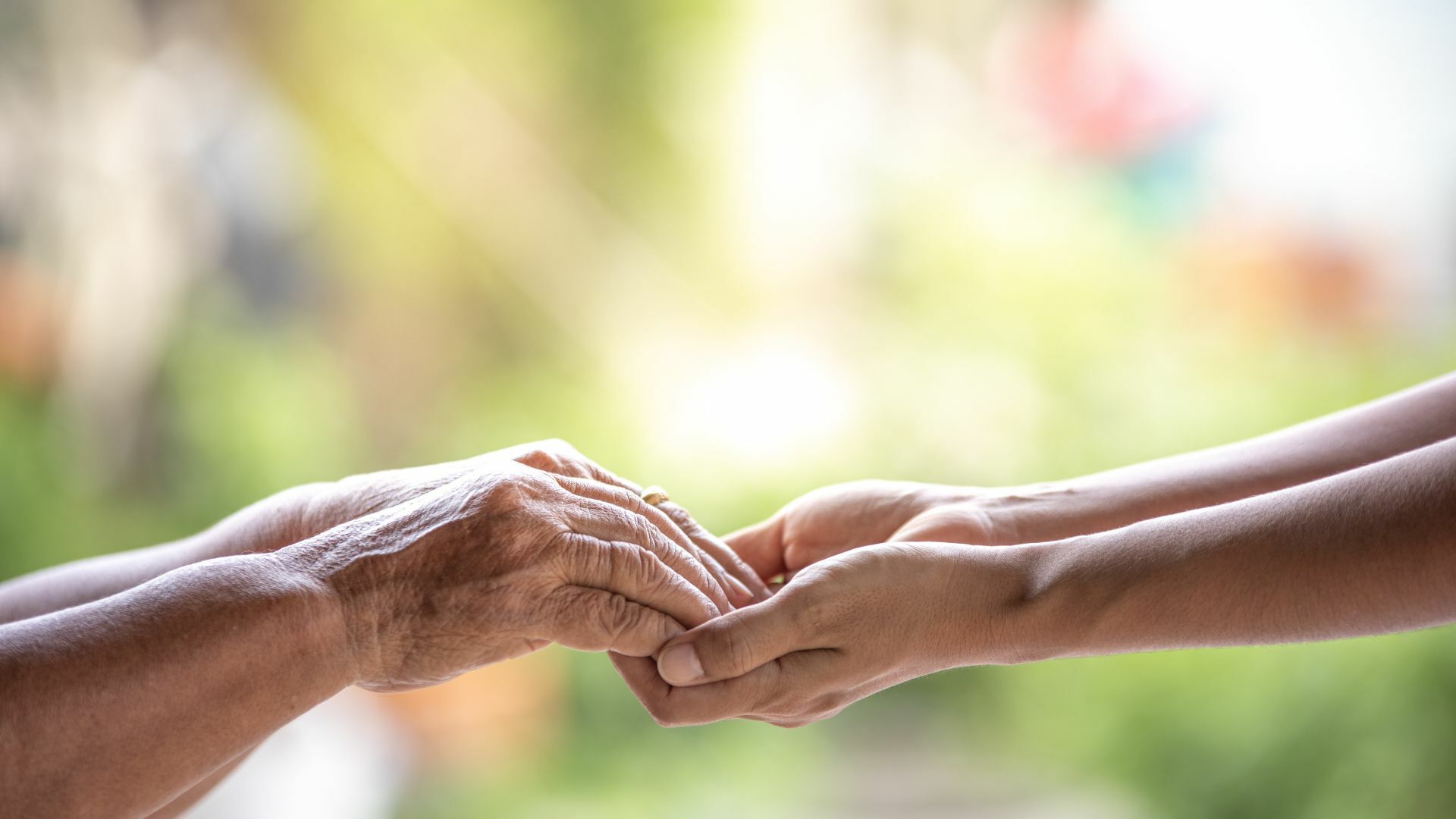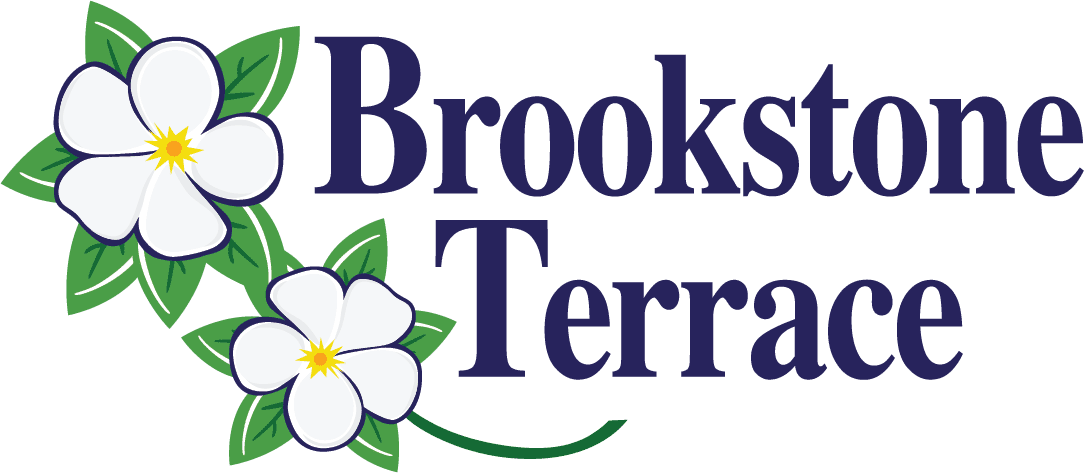A common side effect that comes with aging is the loss of bone density. This leaves us with weaker bones that are more susceptible to fracture. In severe cases of bone loss, the condition osteoporosis is developed. The bones of patients with osteoporosis are particularly weak and brittle, so falls can be very dangerous. Osteoporosis patients typically have poor posture as well, due to their bones’ reduced ability to support the body.
Essential components for bone health
A healthy lifestyle can slow done the rate of bone loss and reduce the risk of developing osteoporosis. Here are a few key areas to focus on…
Calcium – Calcium is an essential mineral throughout our entire life. It is used for developing and strengthening teeth and bones. Our body gets calcium from our diet and uses some of it for essential functions in the body. The calcium that isn’t used is stored in our bones, helping to strengthen them. If we don’t get enough calcium in our diet, then the body will extract some from our bones for those other functions.
Foods rich in calcium include:
- Dairy products (e.g. cheese, milk, yogurt)
- Beans
- Sardines
- Almonds
- Leafy greens (e.g. kale, spinach)
Vitamin D – Vitamin D supports good bone health because our body needs it to be able to absorb calcium properly. If you have symptoms that suggest a calcium deficiency, it may actually be a vitamin D deficiency. You can get vitamin D from a variety of foods, including salmon, tuna, and egg yolks. The sun is also a great source of vitamin D. Rather than relying solely on dietary sources, the body can produce its own vitamin D when the skin is exposed to sunlight.
Physical activity – Staying active also helps to maintain bone density and prevent osteoporosis. High-impact activities, in particular, have been found to improve bone density due to the stress placed on the bones. This is compared to low-impact exercises like cycling and swimming. Those that exercised regularly throughout their life are less likely to suffer from bone loss in their senior years. But adding physical activity to your routine at a later age can still benefit you, even if it’s something as simple as walking.
If you look after your body now, you’ll reap the benefits later in life, no matter what age you are. If you need support caring for a senior with low mobility and risk of falls, then contact Brookstone of Clemmons for our assisted living care.


